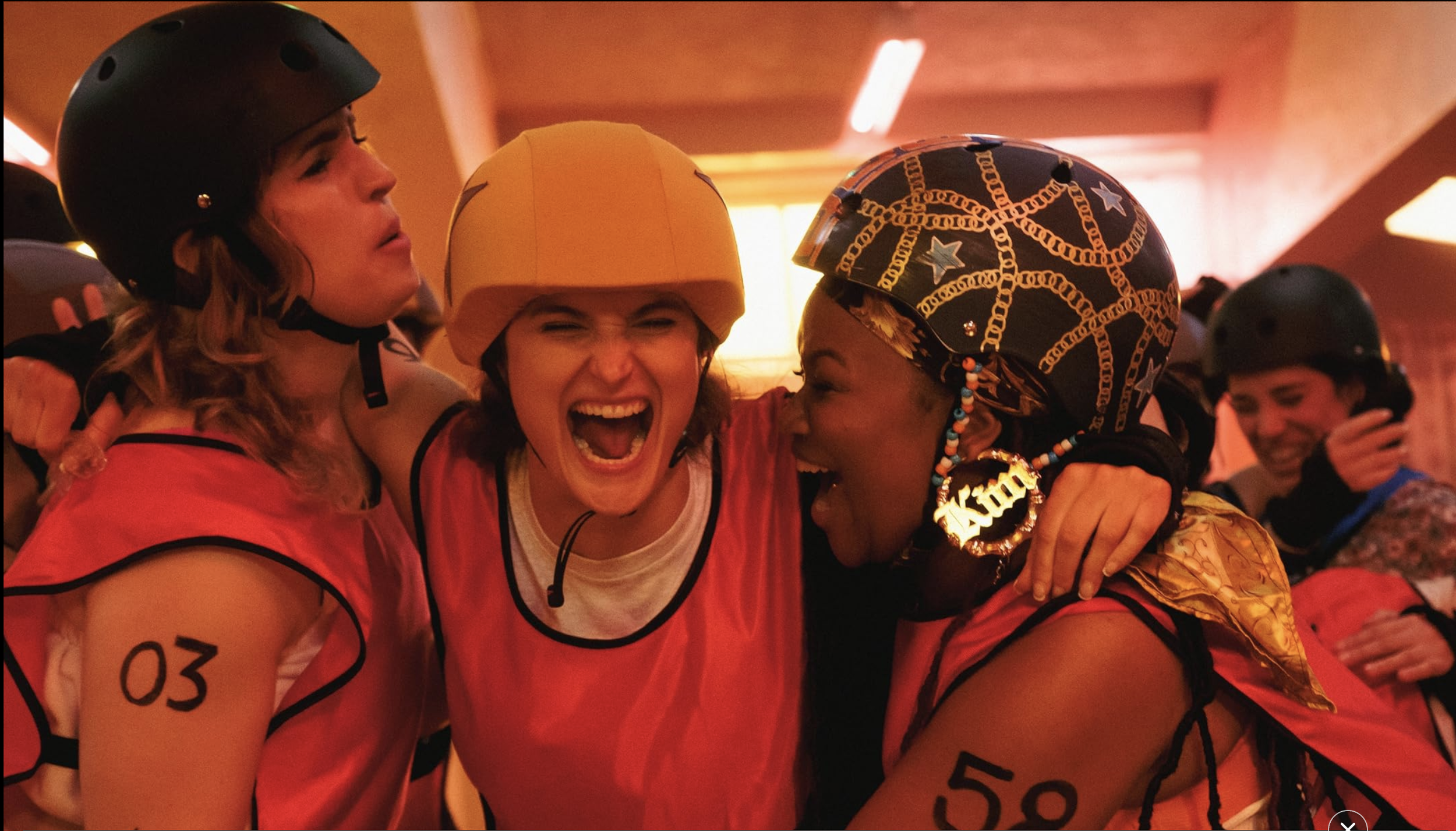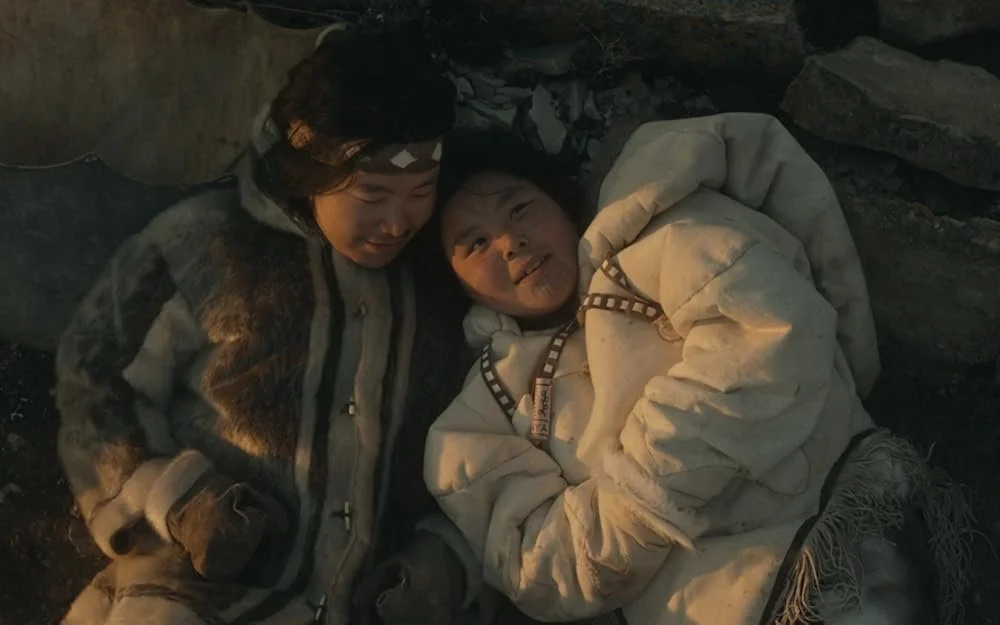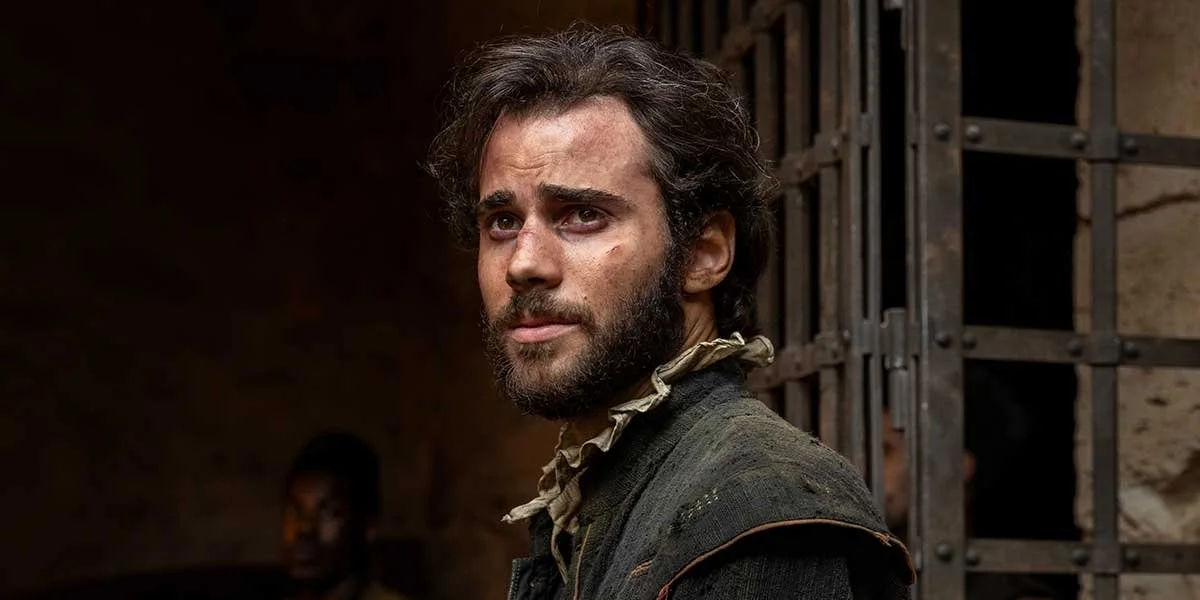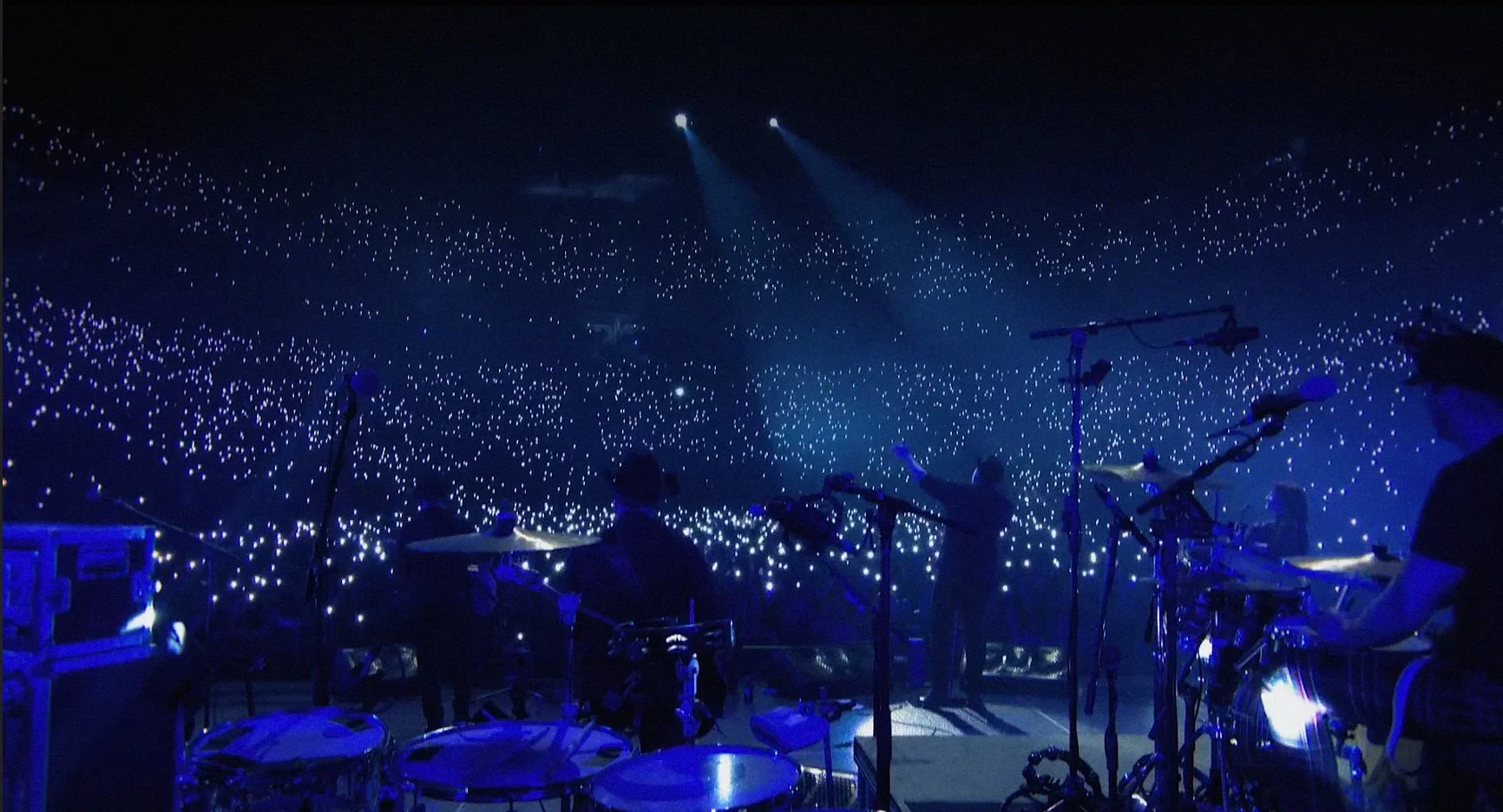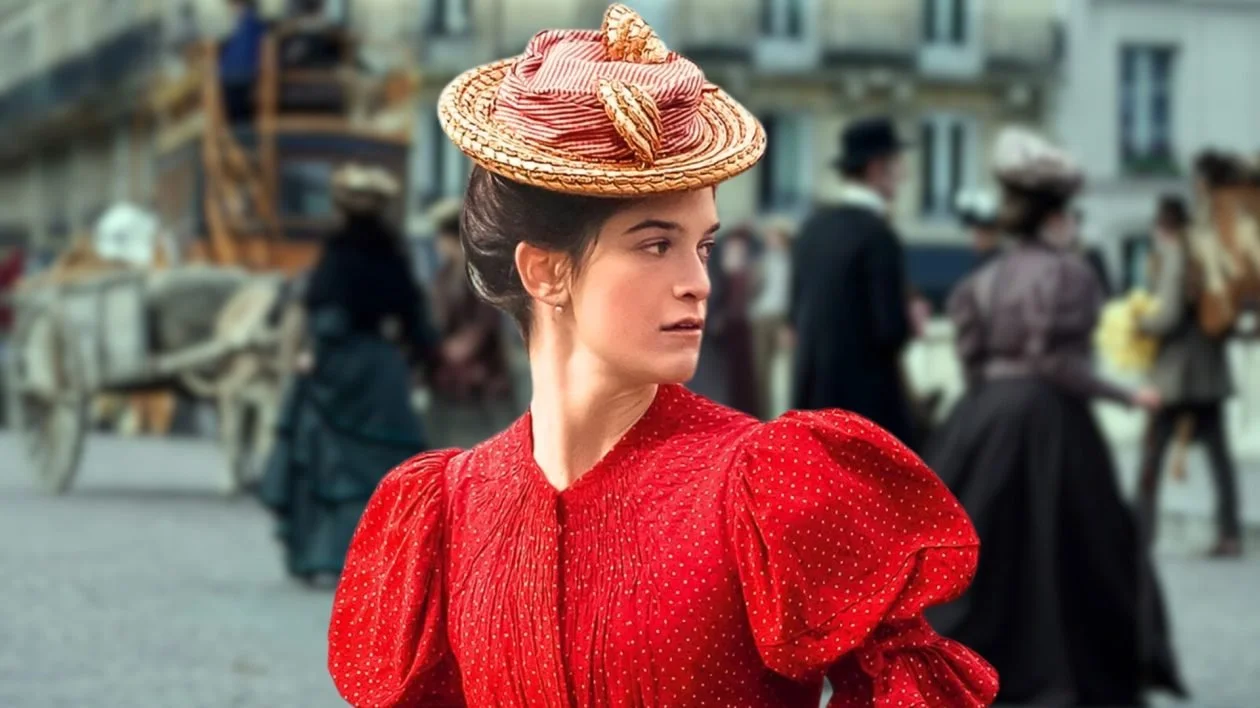Film review: The Great Green Wall takes a musical journey across the width of Africa, to combat desertification
As the climate crisis threatens a vulnerable land, Mali singer Inna Modja wants people to live the African way
Mali singer Inna Modja travelled the width of Africa to record an awareness-raising album in The Great Green Wall.
The Great Green Wall screens online at KDocsFF 2021 until March 21.
THE GREAT GREEN Wall is an African-led effort to grow an 8,000-kilometre swath of trees across the width of continent, from Senegal to Djibouti. Launched in 2007, the ambitious project aims to combat desertification caused by climate change. But it is so much more than that. For Mali singer Inna Modja, it’s the foundation of the African dream.
Using this vast stretch of land as the road map to record her latest album, Modja is the central figure in Fernando Meirelles’s feature-length documentary, The Great Green Wall. Made in association with the United Nations, the film follows Modja on an epic journey, travelling from west to east along the Sahel, the sub-Saharan terrain where the forest is taking root. Along the way, she collaborates with other artists, using music to shed light on human stories along the green belt—and to raise awareness of the initiative’s urgency.
Sahel sits on the frontlines of the climate crisis; considered the most vulnerable place on the planet, it’s where more than 80 percent of the population survives on agriculture and where temperatures are rising 1.5 times faster than the global average. If people can’t work the land, millions will be forced to migrate.
Modja speaks with some of those who have attempted to seek a better future elsewhere by trying to reach Europe, only to end up in prison in Libya, eventually returning to Africa but not their families, too ashamed, with nothing to show for their efforts. Many have lost friends on that same voyage. She speaks with girls who are living with the trauma inflicted upon them by Boko Haram in an orphanage that’s home to daughters of victims and daughters of insurgents.
It’s a region ravaged by conflict, migration, and drought. It’s also place Modja loves with all her soul, a place of vibrant culture; music, song, and rhythm are everywhere she goes. It’s a land of resilience and resolve with enormous human potential to rise to the challenge.
She follows in the footsteps of Thomas Sankara, president of Burkina Faso in the 1980s, a revolutionary leader of the pan-African movement who encouraged people to live with freedom and dignity, “to live the African way”. By restoring the land, people will be able to write their own future, as he famously put it.
Inspiring, vulnerable, honest, bold, and proud, Modja, a soulful singer, listens to the songs that labourers inherited from their elders and that give them courage to keep plowing; she joins forces with other musical talents from the region, such as Didier Awadi and Waje, to empower young people to make a better future a reality.
There’s already proof it’s possible. In Tigray, Ethiopia, she speaks to a farmer who’s one of the few who is willing and able to talk about the horrific famine that devastated the country in the 1980s and that left people of all ages dying in the desert. For the last 30 years, he has been planting trees, and today, everywhere he looks, it’s green. Through hard work, the land has recovered; people grow avocados and other fruit. However, with the climate change accelerating, there’s no time to waste.
The film includes footage of Modja sharing the story of her remarkable journey with the United Nations in New York City. Using her voice as an artist, she’s calling for the creation of an African dream.




